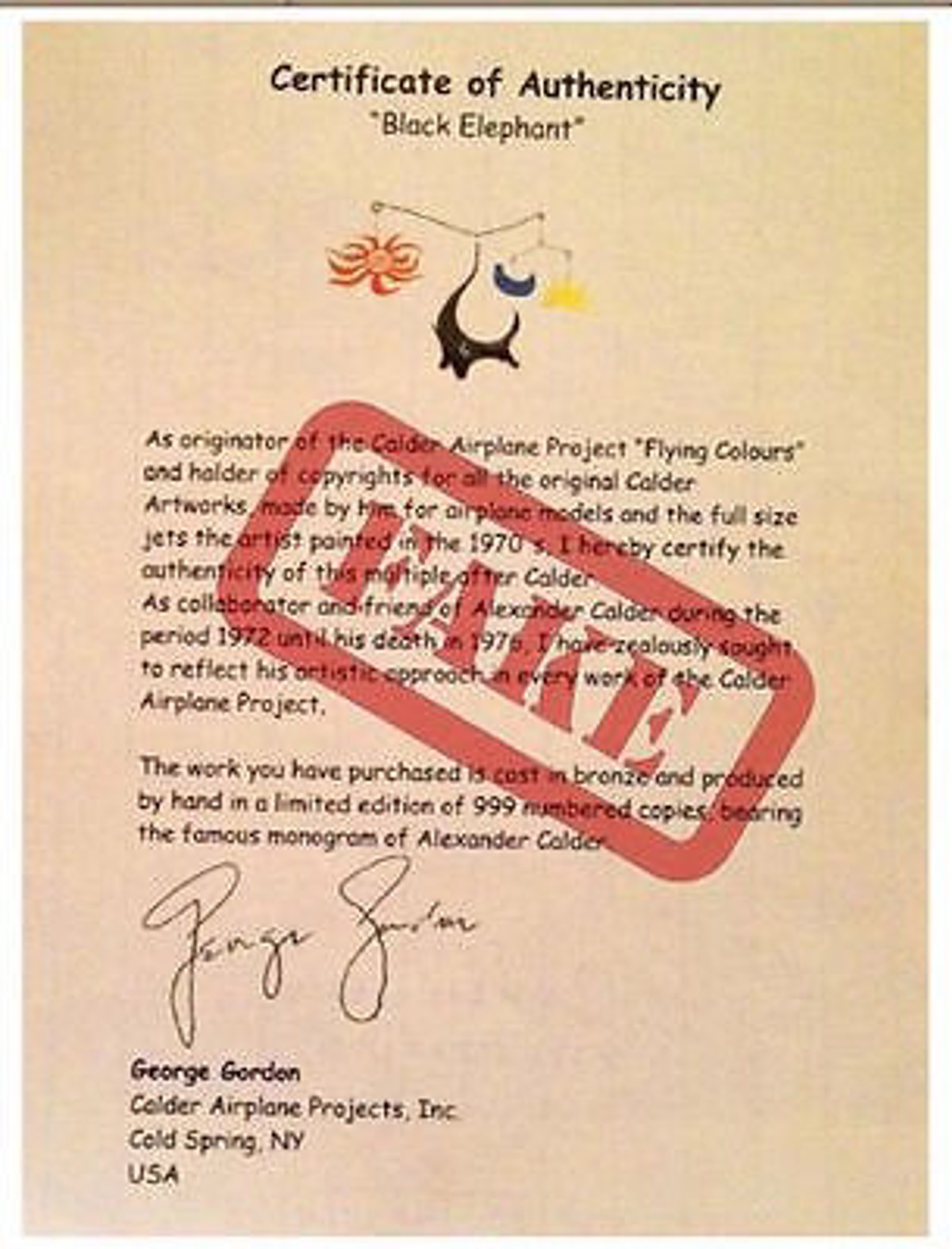Counterfeit training certificates
- Safety Flash
- Published on 1 September 2017
- Generated on 15 July 2025
- IMCA SF 22/17
- 1 minute read
Jump to:
IMCA has been advised that there has been a recent increase in counterfeit training certificates in circulation for crane operators, riggers, banksman/slingers etc.
What happened?
It is reported that the majority of these counterfeit certificates seem to be originating from Asia but some have also been discovered in the Middle East.
Many of these counterfeit documents are very good computer generated copies and almost indistinguishable from the genuine certificates. Some of these counterfeit certificates purport to be issued by leading training providers.
Members are advised that prospective employers should check the authenticity of any certificates presented by candidates, with the training provider who issued the certificate.

Related safety flashes
-
IMCA SF 13/16
16 May 2016
-
IMCA SF 05/16
24 February 2016
IMCA Safety Flashes summarise key safety matters and incidents, allowing lessons to be more easily learnt for the benefit of the entire offshore industry.
The effectiveness of the IMCA Safety Flash system depends on the industry sharing information and so avoiding repeat incidents. Incidents are classified according to IOGP's Life Saving Rules.
All information is anonymised or sanitised, as appropriate, and warnings for graphic content included where possible.
IMCA makes every effort to ensure both the accuracy and reliability of the information shared, but is not be liable for any guidance and/or recommendation and/or statement herein contained.
The information contained in this document does not fulfil or replace any individual's or Member's legal, regulatory or other duties or obligations in respect of their operations. Individuals and Members remain solely responsible for the safe, lawful and proper conduct of their operations.
Share your safety incidents with IMCA online. Sign-up to receive Safety Flashes straight to your email.